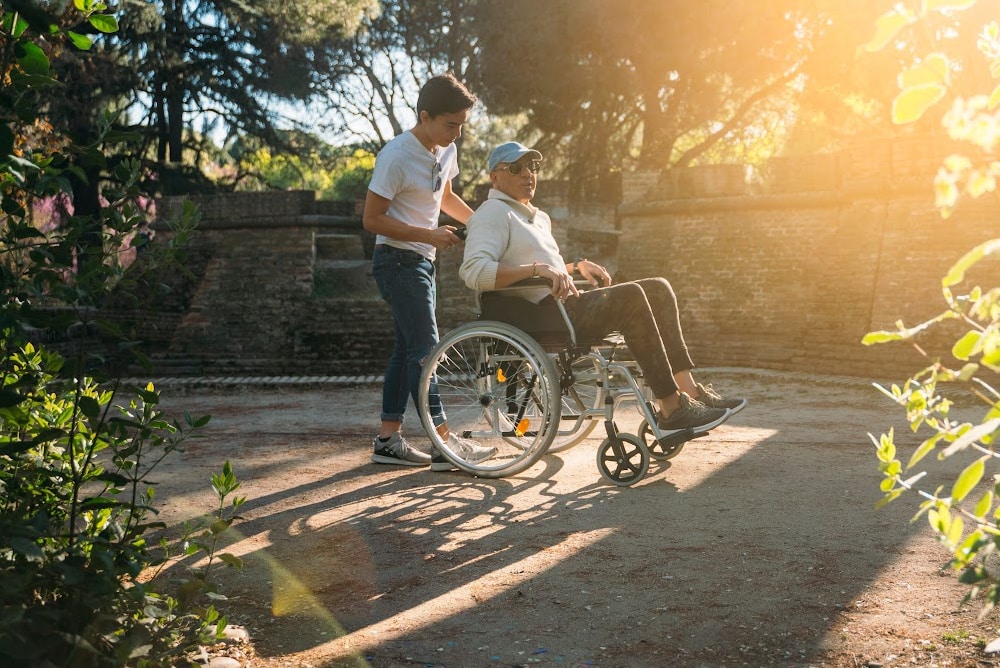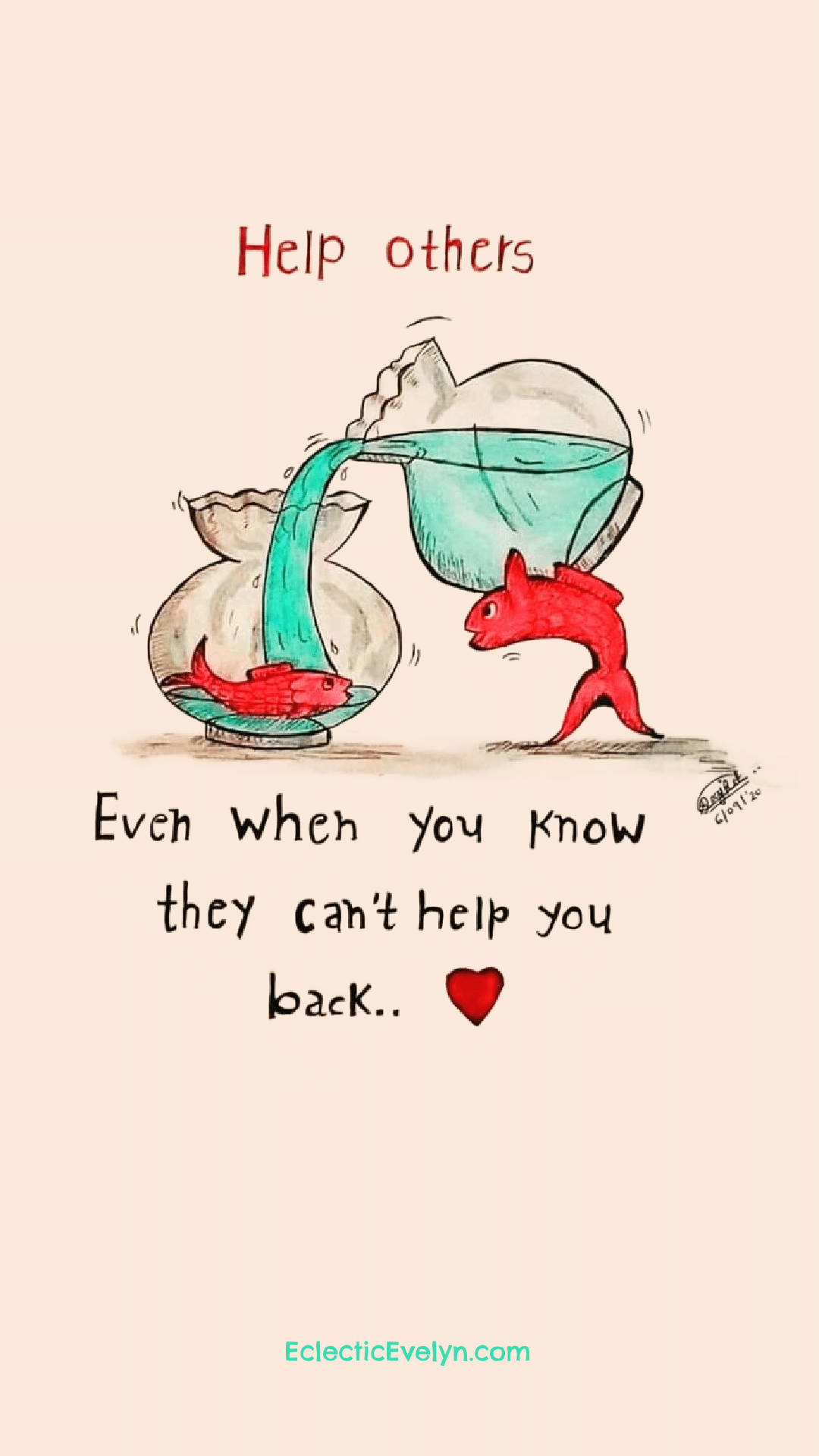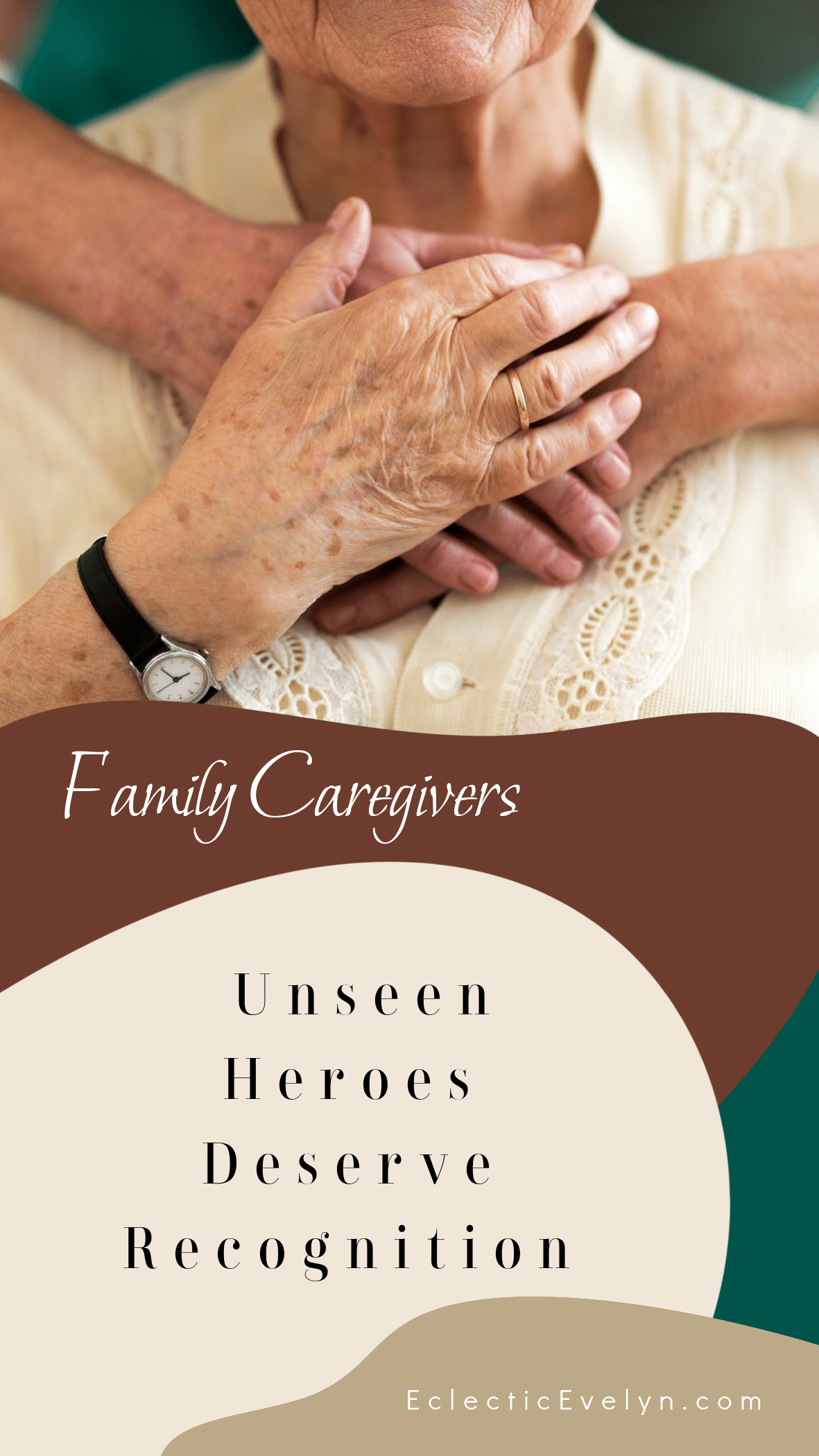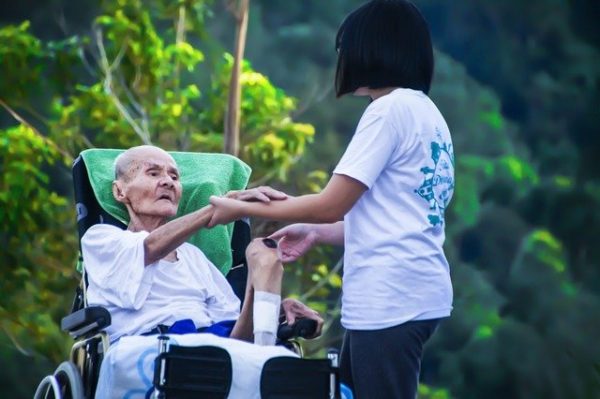Caregiving is a role that millions of people undertake every day, yet it often goes unnoticed and underappreciated. Whether caring for an elderly parent, a child with special needs, or a spouse with a chronic illness, caregivers face immense challenges that can take a serious toll on their mental and physical health. The pandemic shed some light on the critical need for caregiver support, but it’s a conversation that must continue. These unseen heroes deserve recognition, and more importantly, real support.
The Many Faces of Caregiving
Caregivers come from all walks of life. For some, it means raising a child with developmental disabilities. For others, it’s managing the needs of aging parents or providing round-the-clock care for a spouse battling illness. According to the National Alliance for Caregiving, more than 53 million Americans serve as unpaid family caregivers. While each situation is unique, these caregivers share common struggles—exhaustion, financial strain, and emotional burnout.
Professional caregivers face their own set of challenges, but family caregivers often juggle these responsibilities without the benefit of a paycheck or structured breaks. Despite the overwhelming demands, many feel obligated to continue without asking for help.

The Challenges Family Caregivers Face
Being a caregiver is not just a physical job; it’s an emotional marathon. The constant vigilance, lack of rest, and unpredictable nature of caregiving duties lead to significant health risks. Many caregivers neglect their own health by postponing medical appointments, skipping meals, and ignoring symptoms of illness. Studies show that caregivers are more likely to suffer from chronic conditions such as depression, anxiety, and high blood pressure.
Emotionally, caregivers often experience guilt and isolation. They feel torn between their responsibilities and their personal needs, sometimes even sacrificing relationships and career ambitions. The psychological burden is heightened by societal attitudes that fail to fully acknowledge the value of caregiving.
The Critical Need for Caregiver Support
Caregiver support is essential to maintaining the well-being of both caregivers and the people they care for. Support can come in many forms: access to respite care, financial assistance, mental health resources, and community support groups. Unfortunately, these resources are not always readily available or well-publicized.
During the pandemic, caregivers faced increased stress with limited options for outside help. This exposed the urgent need to prioritize caregiver support at a national level. Initiatives like the National Family Caregiver Support Program have made progress, but many caregivers are still unaware of the resources that could help them.
How You Can Support the Caregivers in Your Life
If you know someone who is a caregiver, there are several ways you can offer meaningful support. First, simply acknowledge their efforts. A heartfelt “thank you” can go a long way in making someone feel seen and appreciated. Beyond that, practical help can make a world of difference. Offer to provide meals, run errands, or give the caregiver a few hours of respite.
Emotional support is equally important. Caregivers often feel isolated, so being there to listen without judgment can provide much-needed relief. Encourage them to seek professional counseling or join a support group if they are struggling with mental health challenges. Let them know that asking for help is not a sign of weakness.

Available Caregiver Resources
Fortunately, there are many resources designed to support caregivers. Organizations such as the Family Caregiver Alliance and AARP provide a wealth of information, including guides on legal rights, financial planning, and access to respite care services. For caregivers looking after loved ones with specific conditions, there are specialized resources available, such as Alzheimer’s Association programs or autism support networks.
Government programs can also offer assistance. The National Family Caregiver Support Program, for example, helps connect caregivers with counseling, training, and temporary relief services. Additionally, online platforms like Caregiver Action Network provide forums where caregivers can share experiences and advice.
Advocating for Caregivers’ Rights
Caregivers deserve to be recognized as vital contributors to the health and well-being of society. Advocacy efforts are crucial to ensure they receive the support they need. This includes pushing for policy changes that provide paid support to family caregivers, increased funding for caregiver programs, and access to affordable healthcare.
As individuals, we can raise awareness by sharing stories, participating in campaigns, and contacting lawmakers to prioritize caregiver support. Additionally, there are practical ways to show caregivers in your life that they are seen and valued:
- Offer respite care: Volunteer to watch their loved one for a few hours so they can rest or take care of personal errands.
- Prepare a meal: Deliver a home-cooked or easy-to-heat meal to relieve them of cooking duties for the day.
- Run errands: Help with grocery shopping, pharmacy pickups, or other essential errands.
- Send a care package: Include thoughtful items like self-care products, snacks, or a comforting book.
- Check in regularly: A simple phone call or message to ask how they’re doing can make a huge emotional impact.
- Encourage self-care: Suggest and help facilitate activities that promote mental and physical well-being, like a walk in nature or a yoga class.
Every voice and action counts in the fight for greater recognition and resources.

Final Thoughts: Honoring the Unseen Heroes
Caregiving is one of the most selfless acts a person can undertake. Yet, it often comes with little recognition or support. It’s time to change that narrative. Caregivers are the backbone of many families and communities, and they deserve our gratitude and help. By advocating for caregiver support, providing resources, and offering practical assistance, we can honor these unseen heroes and ensure they are no longer overlooked.

What are some ways you’ve supported caregivers in your life? Share your experiences in the comments—you might inspire someone else to reach out and help a caregiver today.





